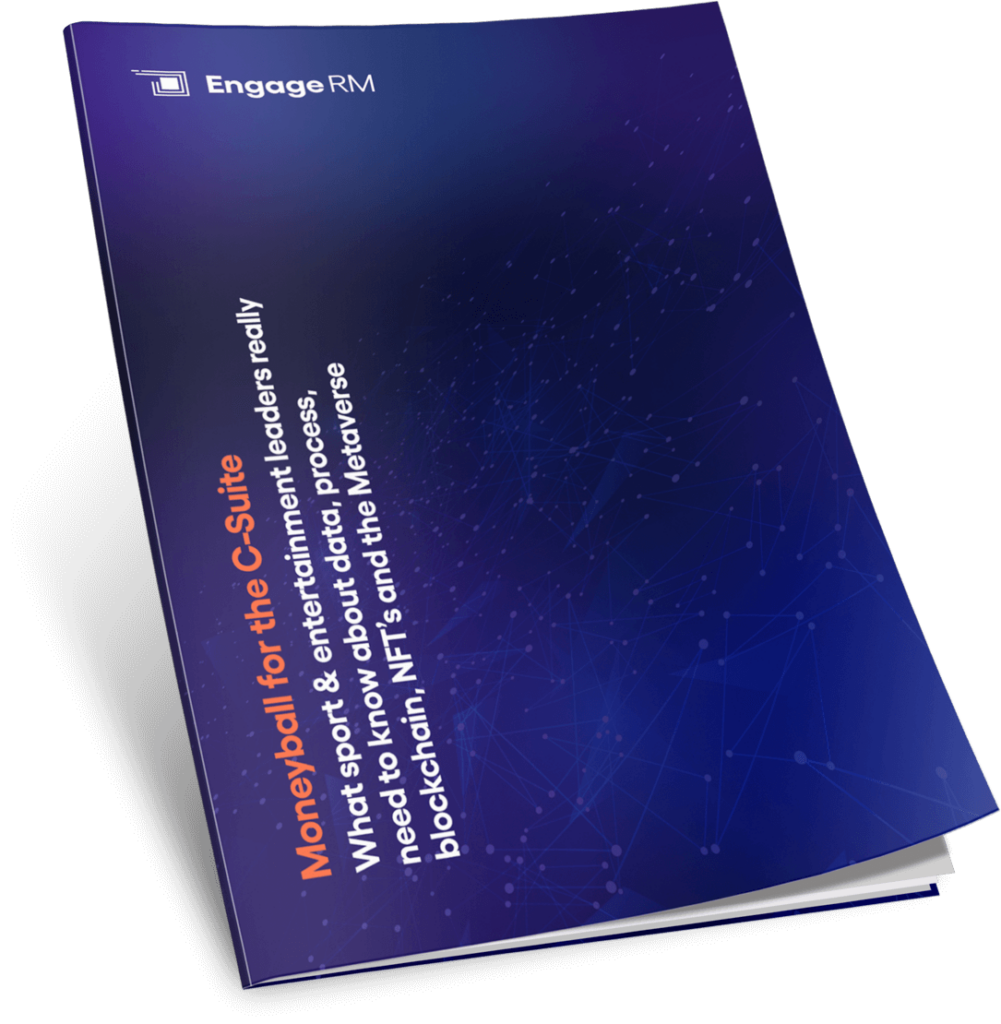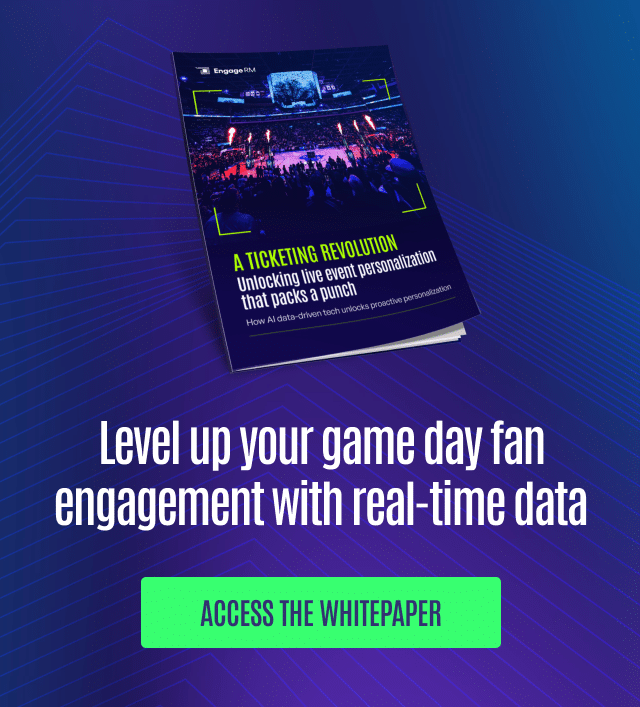Winning with Data
05 April 2023
The importance of data monetization in sports.
Data monetization has the power to transform sports. Organizations are consistently on the lookout for new revenue streams and the data they collect around their fans, athletes and competitions is proving a vital resource.
However, monetization often evokes concerns about the exploitation of fans and the potential harm to the integrity of the sport, as well as the collective uneasiness around the use of individuals data.
On the other hand, the sports industry can emphasize the benefits of leveraging first-party data to enact positive change in people’s lives and improve the industry as a whole.
Financial Stability
Data monetization involves finding ways to turn the data a company collects into tangible value. This can be a powerful tool for generating revenue, especially in the age of big data, where organizations have access to vast amounts of information about their customers and operations.
Since revenue from traditional sources like ticket sales and broadcast rights can be limited, data monetization enables sporting organizations to create new revenue streams through data-driven sponsor agreements, personalized merchandise sales, targeted advertising, and many more.
For sports organizations, data monetization can offer financial stability, particularly in the face of increasing costs associated with running a sports club, league, or competition and the lasting effects of the pandemic.

Fan engagement
By gathering and analyzing data related to fans’ behavior, preferences, and demographics, data monetization can also improve the overall fan engagement experience.
This enables sporting organizations to tailor their marketing and communication strategies, resulting in more personalized and engaging content for fans, which in turn increases fan loyalty and attendance rates.
Moreover, the use of data can help sports organizations create novel fan experiences, such as interactive games, virtual meet-and-greets with athletes, and augmented reality experiences. NBA Commissioner Adam Silver used augmented reality to substitute a player with a fan, providing a glimpse of where future content may be headed, providing the NBA with plenty of first party data on fan preferences.
What the NBA has created isn’t an anomaly as well. Plenty of other sporting leagues and teams are utilizing their first-party data to create meaningful and personalized campaigns to further engage their fans.
Informed decision making
A focus on data monetization often leads to a priority shift, with the amount and accuracy of first party data a key pillar to drawing valuable insights and making informed business decisions. Through the analysis of fan behavior and preferences, teams can personalize communication with their audience to better align with their supporters’ needs.
For instance, a team might utilize data to determine a fan’s favorite player and leverage that information to create customized marketing campaigns. Such campaigns may prominently feature the player with messaging tailored to the fan’s interests and motivations.
The LA Clippers employ this tactic with their Kids Club, Clipper Nation Kids. Parents can sign their children up and add in their child’s favorite player whilst doing so. With this information, the Clippers then send birthday cards on behalf of the player and other materials based on these interests.
This approach is key to boosting revenue streams as fans are more likely to engage with messages relevant to them and further interact with the organization, creating more data points in the process.
By using data to drive better decisions, sporting organizations can develop more sustainable and robust operations that revolve around placing the fan at the center of their business.

The need for transparency
Still, there are valid concerns surrounding data monetization. One of the most pressing is the possibility that sporting organizations may not adequately safeguard the privacy and security of their fans’ data.
While this is a serious issue that requires attention, it does not necessarily imply that data monetization is a negative or harmful practice for the sports industry. Rather, it highlights the need for transparency throughout the data collection process and emphasizes the importance of responsible data governance in this evolving landscape.
Although there are issues that need to be considered, data monetization and accurate first party data can transform operations and communications. By leveraging data, teams can make better decisions and gain a deeper understanding of their fans, ultimately leading to a more engaged and satisfied fan base and greater revenue streams for the organization.










